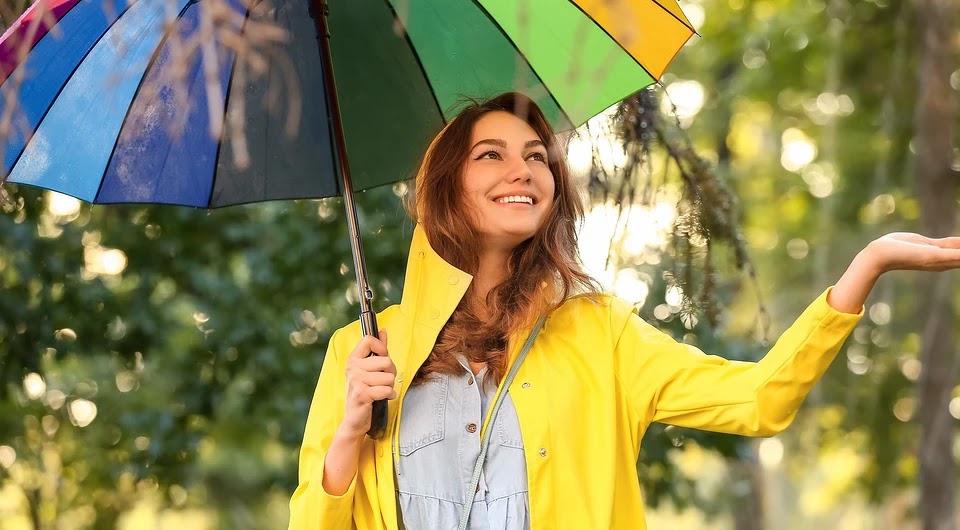An organism undergoing seasonal restructuring in the spring is especially sensitive to magnetic storms and all kinds of weather cataclysms. Help him work out a declaration of independence from the weather!
Meteosensitivity is a feature of the body to be susceptible to the influence of climatic factors. Atmospheric pressure, air temperature, humidity and geomagnetic conditions can worsen well-being. In other words, weather sensitivity is a violation of the body's adaptation to external changing conditions.
unhealthy reaction
Meteorological dependence is not a disease. For most people, it manifests itself in the form of severe weakness, headache or migraine attacks, while for others - fluctuations in blood pressure numbers. The most sensitive to meteorological factors are people with diseases of the heart and blood vessels (about 70-80%), in particular with arterial hypertension , but also at risk are patients with overweight and endocrine disorders. It is in spring and autumn, when the most frequent changes in temperature and atmospheric pressure occur, that exacerbations of cardiovascular pathology occur. In addition, according to studies, meteorological factors can worsen the psycho-emotional state and increase anxiety, against which hypertensive crises develop more often, exercise tolerance decreases, palpitations are disturbed, heart rhythm interruptions occur, apathy, weakness, and drowsiness occur.
If the deterioration of well-being is delayed, you need to consult a doctor and understand the reasons.
By the way, women are more dependent on weather changes due to the peculiarities of the hormonal background and a lower pain threshold compared to men. But by old age, this difference is erased, since already developed chronic diseases play a role, which are the cause of hypersensitivity. It is important to understand that weather factors cannot cause illness, and you should not constantly blame the weather for feeling unwell.
Everyone's different
We control the weather
- Start the day with a light exercise (5-10 minutes) to tone your muscles. After - water procedures, it is advisable to start accustoming yourself to a contrast shower .
- During the day, take time to massage the neck and shoulder girdle (10-15 minutes), relieve clamps and muscle spasms and just relax.
- Limit caffeine intake, do not look for energy only in it. Drink more ordinary water or herbal teas (from linden, oregano, mint, Ivan-tea).
- Physical activity must be present in the life of every person.Hypodynamia leads to various diseases, poor health and aggravation of meteosensitivity.Physical activity can be any - walking in the fresh air, swimming, yoga, fitness, dancing. The main thing is to start moving, and you will see how your health will begin to change for the better.
- Normalize sleep. Take 7-8 hours for a night's rest, go to bed at the same time, preferably before midnight. In the evening, the hormone melatonin is produced in the blood. The adaptive capabilities of the organism to the environment largely depend on its content in the blood. If melatonin is present in sufficient quantities, we are more resistant to stress, including those associated with weather changes.


0 Comments